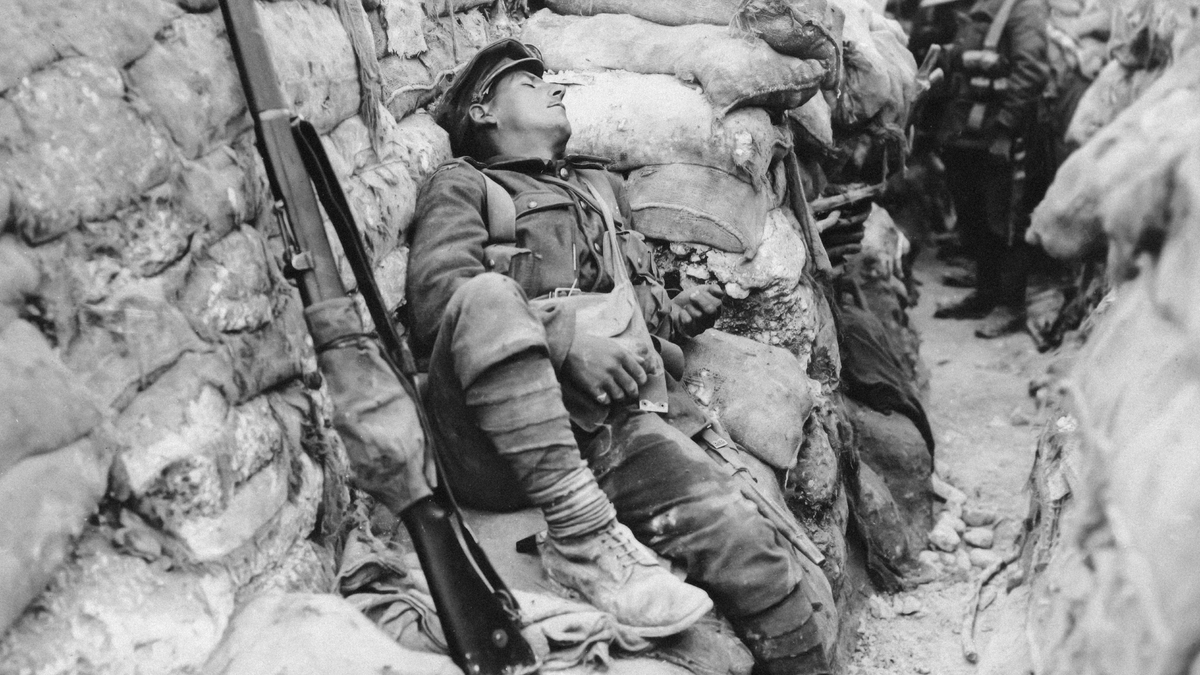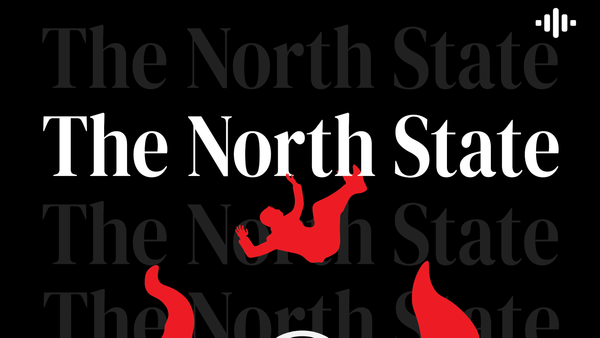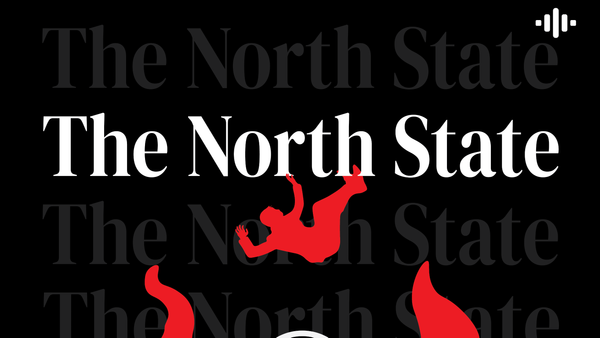News Media Manufactures Push for Military Draft
Conscription is a heavy topic in any context, news media has no excuse in treating it lightly

CW: This story mentions sexual assault
The Canadian Military is in a crisis of their own making. After a series of scandals involving sexual assault rampant within its ranks, which have only been on the rise, the public is seeing how sexual violence is deeply intertwined with the institution. A recent article by Ashley Burke at CBC News has further revealed that five per cent of women at Royal Military Colleges in Canada reported being sexually attacked in the past year. The same survey that revealed that shocking statistic also found "most students surveyed – especially woman" had reported unwanted sexual behaviour of some kind.
Apart from these disturbing revelations, the military is also facing an "active" threat of white nationalism in the organization. This, according to Andy Knight, a professor of international relations at the University of Alberta, is because white supremacists are intentionally infiltrating the military. As a result of these scandals, but mostly the sexual assault problems, Defence Minister Bill Blair is instituting widespread reforms to fix a "death spiral" of falling recruitment.
So what if we forced Canadians to join this institution? That's what news media wants to know.
This discussion has stemmed from that bastion of political competence, the UK. Prime Minister Rishi Sunak, a man leading the Conservatives into an election with disastrous prospects, announced his party would reintroduce mandatory "national service." Sunak revealed this shortly after the UK government denied they would introduce conscription in January of this year. The move, which is deeply unpopular with the youth, is likely a move to shore up Tory voters, rather than gain any new votes, as it's a near-certainty they will lose this upcoming election.
Sunak's new and deeply stupid policy doesn't necessarily mandate combat roles in the military. Rather, it says it will facilitate a group of 18-year-olds to serve out roles with organizations like the NHS, the police, the fire department or, yes, the military. Regardless, Sunak's desperate pleading for gammon votes is unlikely to translate into anything other than jingoist rallying.
It's important to note that this policy is not exclusively service in the military. However, since it necessarily includes military service, all discussion of it should mention that fact. Additionally, the policy has been announced in the context of widespread and unpopular conscription in the Ukraine-Russia War. Both Ukraine and Russia are using conscription to bolster the numbers in their militaries. Needless to say, countries such as the UK and Canada have no immediate demand for similar moves. Even if they and other NATO allies are funding wars, they aren't at war themselves.
It doesn't matter though. To our news media pundit class, what matters is the viability of "mandatory national service."
Let's start with the Toronto Star. On May 29, they published a piece by Jennifer Cole with the headline, and I'm quoting verbatim here, "Don’t laugh at the UK: Mandatory service for young Canadians might be just what we need."
As a quick side note, anything that begins with the phrase "Don't laugh at the UK" immediately discredits itself.
Anyway, the piece immediately begins with a distortion of the UK's policy. This policy for mandatory military service is framed as a "suggestion" that means "either mandatory military service or volunteer work." Someone should remind Cole the definition of "volunteer" means.
After this point, reports from various sectors of the Canadian public system are cited to point towards the benefits of volunteer service. The piece then paints a picture of declining volunteers during a time when charitable services are seeing higher usage to "meet needs such as clothing, food and shelter."
"The answer," Cole writes, "is more volunteers."
Perplexingly, the answer isn't building services that pay workers to fulfill these tasks, raising wages or tangibly tackling the speculative nature of our housing crisis. Writing this piece off of the back of Sunak's election promise and framing it as a "suggestion" completely sidesteps the military facet of this policy, obscuring a large reason for its creation.
Cole's piece, however, merely dips a toe in the water of conscription discourse. Meanwhile, the National Post took the opportunity to publish pure jingoistic tripe in red-faced support of the idea.
Tasha Kheriddin insists that mandatory service could fix the fact that young people hate Canada. Kheriddin's piece exemplifies the neoconservative idea that unity in our modern capitalist context is only possible through militarist means. Past that, it's merely another venue for a Post columnist to complain of "wokeness" destroying the country. Besides the fact that it's a dark comedy to pretend as though Canada's military history is squeaky clean, it's just a terrible bore of a column, truthfully. But the argument between the Star piece and this both rest on a "forced volunteer" notion. It's faulty, to say the least.
The final, and most in-depth, piece evaluating the policy came from Kevin Patterson at The Globe and Mail. Patterson makes a more cogent analysis than other pieces supportive of the idea. Correctly, Patterson points to the rise in conscription in the context of the Ukraine-Russia war. Even further, Patterson goes through the history of conscription in the Western context, then discusses the limitations of its effectiveness.
Perplexingly, the piece simply doesn't mention the Conscription Crisis during WWI, where Anglo-Canada steamrolled French-Canada's opposition to the policy. Then-Prime Minister Robert Borden promised at the outbreak of WWI that conscription would not be implemented, before breaking that promise a few years later. After police arrested a man at a Quebec City bowling alley on these grounds, an anti-conscription riot broke out. It was only quashed when the federal government sent soldiers into Quebec City, killing four civilians and injuring dozens. This is a pillar in the Canadian legacy of conscription.
Misrepresentation is found at crucial points in the piece, as well. Like when Patterson claims "The North American left became anti-military with the Vietnam War, but it certainly wasn’t during the wars against fascism, whether in Spain or subsequently." There were key and obvious differences between the Spanish Civil War and WWII and the Vietnam War. Mainly, who were the fascists in the Vietnam War?
Though far more nuanced than the previous two pieces, and containing some valuable insight, Patterson still comes down on the side that conscription is coming. He concludes that Russia's invasion of Ukraine happened because "looking away is what got us here."
While this piece is more worthwhile than a fundamental misunderstanding of what "volunteer" means, it's perhaps more dangerous. Its more in-depth analysis conveys the idea conscription is a necessary evil of sorts. Conscription being good vs. conscription being bad but needed are not two sides of the coin. A tangible anti-conscription viewpoint is absent in every piece these newspapers have published.
I doubt you could find a single person who could honestly say there is absolutely no scenario in that justifies a war. But hypotheticals are not reason enough to militarize a generation, especially when the consequences mean unwilling citizens will die. It should require a high bar to justify forcing people into military, or even national service. The news media isn't attempting to reach that bar, they're trying to lower it. But since three of our biggest newspapers are publishing pieces on it, it's now an idea floating in the political discourse. That's the power of our news media.
In these analyses, conscription ranges from an idea worth considering divorced of the military context in which it's raised, to a way to boost jingoism, to an unfortunate but necessary evil. Each of these propose conscription as a bandage to cover a rotting wound. None of this constitutes a cogent analysis of Sunak's proposal, which is opportunistic, short-sighted, ineffective and damaging. By refusing to reject the notion outright, the pieces responding to this policy inevitably end up mirroring its qualities.





